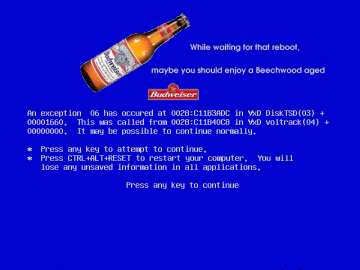The technology I mention is to assist the driver to avoid accidents, not to drive the car for them. So as long as one is driving defensively (as they should) then safety isn't compromised if a system gets corrupted or shut down any more than it is without such a system. If its working as it should then it can help alert to some moron running a red light that you might not be able to detect and react to on your own.
Technology will always be misused. As systems get compromised, fixes are applied and so on and so on. It'll never stop. Does'nt mean we need to be afraid, just aware and vigilant.
Technology will always be misused. As systems get compromised, fixes are applied and so on and so on. It'll never stop. Does'nt mean we need to be afraid, just aware and vigilant.









Comment